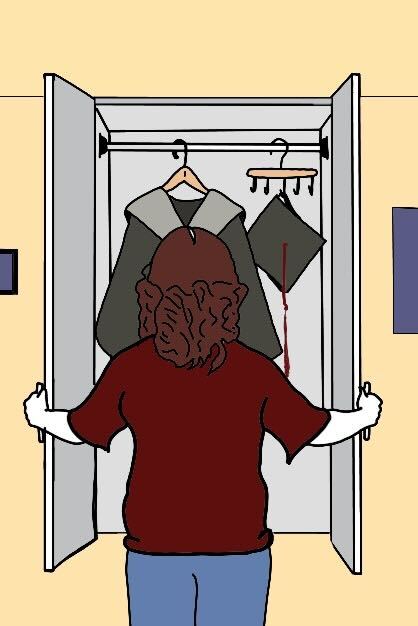Today, I will tackle with two well-known questions, one for the sake of answering the other: What came first, the chicken or the chicken egg? And is chess a sport?
First, I will focus on the chicken or the egg dilemma. There has been a long discussion about what came first, the chicken or the chicken egg. I have got some good news for you. Mystery is solved. Scientists chose the egg.
Many features of the modern avian egg-namely an oblong, asymmetrical shape and a hardened shell-were in place prior to birds diverged from dinosaurs about 150 million years ago. Darla Zelenitsky, of the University of Calgary, says, “A lot of the traits that we see in bird eggs evolved before birds in theropod dinosaurs.”
Hence eggs were around a long time before chickens. Something like “150 million years before them.” Although eggs did not always look like they do now, they were still eggs. Obviously, eggs came first.
Now we have solved this dilemma, we can turn our attention to the “is chess a sport?” question. For the sake of our discussion, let’s first define what a sport is.
According to Wikipedia, sport is defined as “all forms of, usually, competitive physical activity which, through casual or organized participation, aim to use, maintain or improve physical ability and skills while providing entertainment to participants, and in some cases, spectators. Hundreds of sports exist, from those requiring only two participants, to those with hundreds of simultaneous participants, either in teams or competing as individuals.” Additionally, Google definition explains, “Sport is an activity involving physical exertion and skill in which an individual or team competes against another or others for entertainment.”
Now that we have a basic sense of what constitutes a sport and can delve into the philosophy of chess. Grandmaster Susan Polgar states, “There are no take-backs just as in life. You must think before you move.”
There are many people who think chess is an extreme sport, but I am not there yet. My answer is that chess can be described as a sport. However, it is not agreed to be a sport since it is a board game. I would argue board games are the same as sports, and I am not alone in thinking this about chess, in particular.
The International Olympic Committee and over 100 countries recognize chess as a sport. But why?
London chess conference claims that chess is a sport because of 10 reasons: It is competitive, well-established, global game, involves physical and mental fitness, has a behaviour code, has Olympic Recognition, European Recognition, national accolades and a player ranking system. There is also an irrefutable amount of entertainment in watching the games of professional chess players.
Organizationally, it also makes sense to categorize chess as a sport. For instance, the International Olympic Committee includes FIDE, the World Chess Federation (Federation Internationale des Echecs, known as FIDE from its French acronym) on its list of recognized sporting federations.
A well-known chess master asserts, “it would probably make sense for an organization that funds sports for children to fund chess too, since playing chess has many of the benefits of any individual sport on a child’s development, with the obvious exception of physical exercise.”
When focusing on the skill set essential for chess, the physical elements are noteworthy. Not so much the actual moving of the chess pieces and using the chess clock, but there are certain skills in terms of physical endurance: the capability to stay concentrated and sharp for a long period of time, possibly seven to eight hours, the skill to make 50 or more good decisions during that long time period, and maintaining determination to win the game.























































































